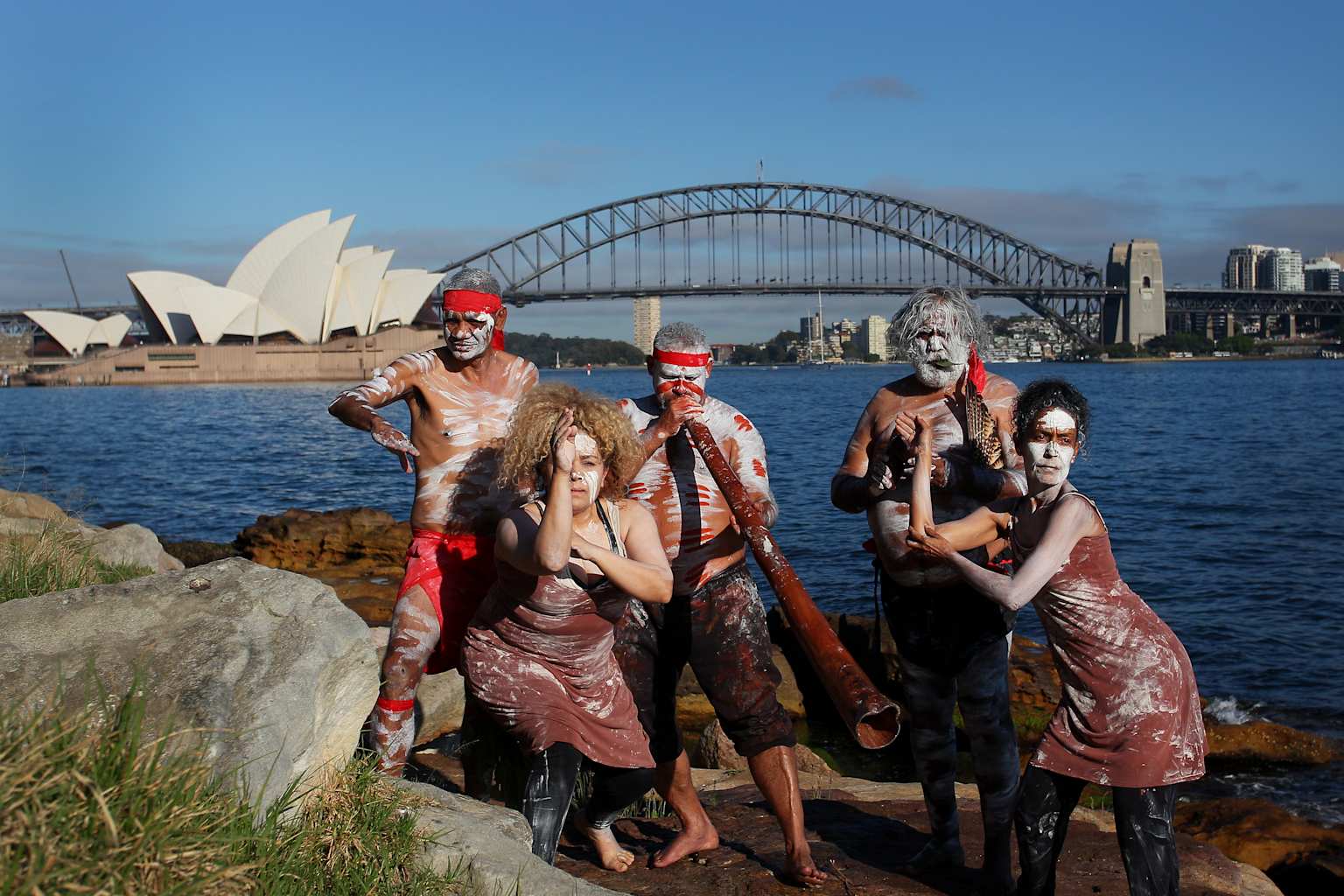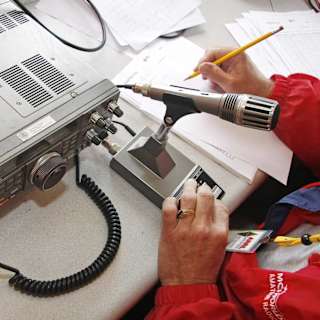- Committee Embraces Self-Determination
- Cultural Revival and Youth Focus
- Origins in Protest Movement
Across Australia this week, Aboriginal and Torres Strait Islander communities are marking a milestone as NAIDOC Week 2025 celebrates its 50th anniversary as a national celebration of First Nations culture, history and achievements. The annual observance, running from July 6-13, has evolved from a protest movement into what organizers describe as "a powerful national celebration" that honors Indigenous voices while looking toward future generations.
This year's theme, "The Next Generation: Strength, Vision & Legacy," reflects both the celebration's history and its trajectory, with Perth serving as the official focus city for events across the country.

The National NAIDOC Committee has taken what it calls "an important step toward independence" this year, embracing self-determination as a model for future generations12. This shift toward greater autonomy comes as the committee marks five decades of Indigenous-led governance, having operated under entirely Indigenous leadership since 19743.
Events are taking place in major cities including Sydney, Brisbane, Melbourne, and Canberra, with activities ranging from flag-raising ceremonies to cultural workshops and family festivals456. The Australian Capital Territory government announced special programming at the Museum of Australian Democracy, featuring stories of First Nations Australians who have "created change" through political activism5.
The 2025 theme places particular emphasis on young Indigenous leaders and their role in preserving cultural knowledge while advancing community goals12. Educational institutions across the country are participating, with the University of Queensland hosting a keynote address by barrister Joshua Creamer, who has worked on landmark cases involving stolen wages and the stolen generations3.
Rolling Stone Australia noted that this year's celebrations highlight "the achievements of the past" while empowering young leaders through "the vision of communities, and the legacy of ancestors"4. Community organizations from the Australian Nursing and Midwifery Federation to the Salvation Army have issued statements supporting the week's focus on intergenerational knowledge transfer56.
NAIDOC Week traces its origins to the 1938 Day of Mourning, held as a protest on the eve of Australia Day to mark 150 years since European settlement12. The observance moved from January to July in 1957, becoming a celebration alongside its memorial function, and expanded to a week-long format in 1991 to include Torres Strait Islander peoples1.
The Legal Workers Union noted that the celebration "continues to honor its history and call for recognition, justice and equality" while acknowledging how it has grown from "a movement born from a day of mourning"2.



